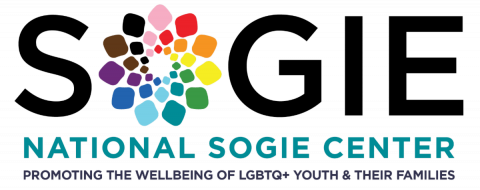The Painful Experience of Being Outed
If someone outs you without your permission, it can feel incredibly violating and stressful. There are several ways someone might out you, both intentionally and unintentionally, and the impact can vary depending on the situation and the people involved.
Important
Being outed is never your fault. Understanding these scenarios can help you recognize when it happens and know how to respond.
Ways Outing Can Occur
Intentional:
A person shares your sexual orientation or gender identity with others without your consent, usually to friends, family, or acquaintances.
Unintentional:
A well-meaning person might accidentally mention your identity in a conversation, without realizing you haven't told others yet.
Intentional:
A person might bring up your identity in a public or group conversation without your permission, thinking it's okay.
Unintentional:
During a casual conversation in front of others, they might mention something about your relationship, past experiences, or preferences in a way that outs you.
Intentional:
Someone might tag you or share a post in a way that reveals something about your identity, either for support or to raise awareness, without your consent.
Unintentional:
Someone might mention or tag you in an online thread or post about LGBTQIA2S+ topics, inadvertently sharing more than you're comfortable with.
Intentional:
A person might refer to your partner in a way that reveals your identity without asking for your approval (for example, by talking about your girlfriend/boyfriend, your spouse, etc.).
Unintentional:
Someone might refer to an ex or mention the gender of a partner in a conversation without recognizing that it would out you.
Intentional:
A person might insist on using labels or gendered language that you're not comfortable with, even though you haven't explicitly shared your gender identity or sexuality.
Unintentional:
Someone might assume your gender identity or sexuality based on something you've said or done and unthinkingly share their assumption with others.
Intentional:
Someone who knows you are transgender deliberately uses your old name (the name you no longer identify with) in conversation, despite knowing you prefer your current name. They may do this to undermine your identity, mock you, or assert control over how you are perceived.
Unintentional:
A person who may not be up to date with your name change accidentally uses your old name during a conversation. They likely don't realize they've done it, or they may slip up because they haven't had time to adjust to your transition.
Remember
Each of these situations can feel overwhelming, but recognizing them can help you understand what happened and how to respond. You have the right to control your own narrative and decide when and how to share your identity.


